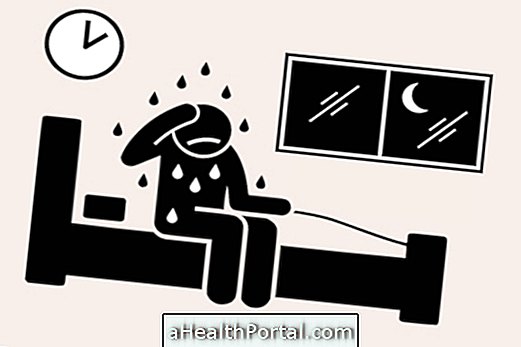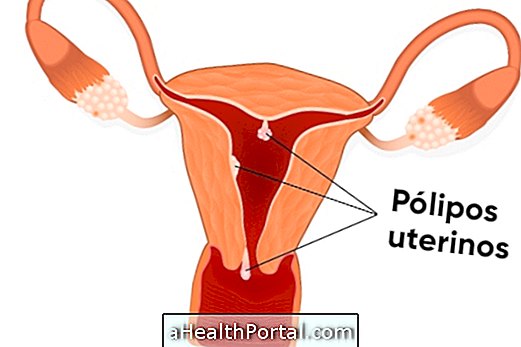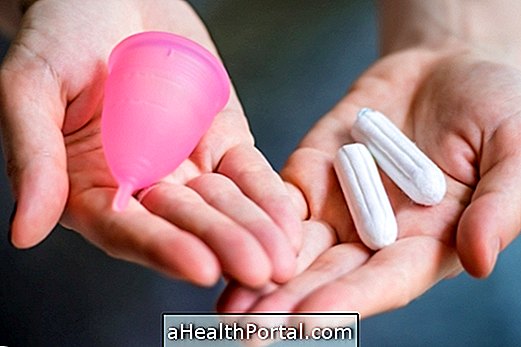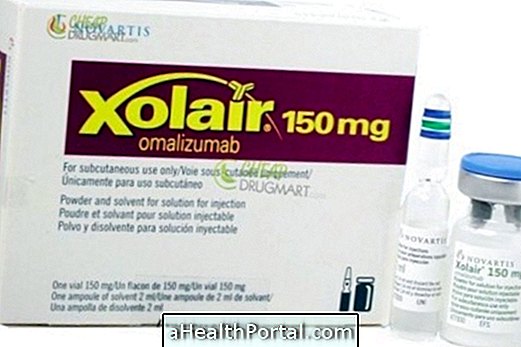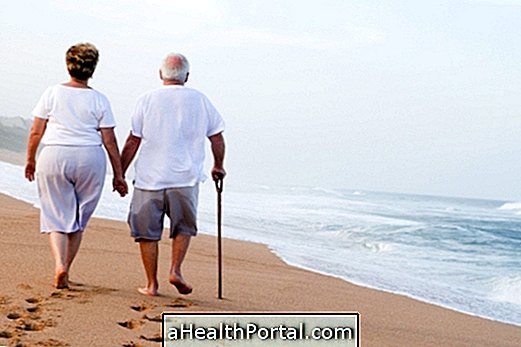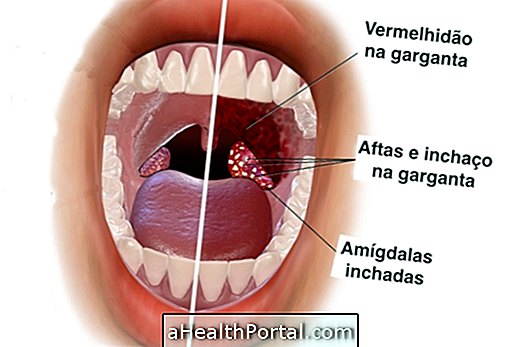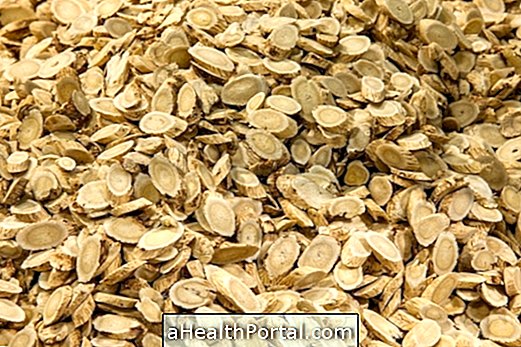Gastroenteritis arises when a virus or bacteria infests the gastrointestinal tract, causing symptoms such as vomiting, belly pain and diarrhea, for example. Although they have different causes, the symptoms are usually very similar, and the main difference between viral and bacterial gastroenteritis is the duration.
If you think you may have gastroenteritis, select your symptoms to find out what the risk is:
- 1. Constant diarrhea Yes No
- 2. Stool with blood Yes No
- 3. Frequent abdominal pain or cramping Yes No
- 4. Nausea and vomiting Yes No
- 5. General malaise and tiredness Yes No
- 6. Fever below 38º C Yes No
- 7. Loss of appetite Yes No

Most cases of viral gastroenteritis improve after 3 or 4 days, with no need for a specific treatment, being careful only to eat a light diet, drink plenty of fluids and rest. The cases of bacterial gastroenteritis are more time consuming and may even require antibiotics to improve the symptoms.
Therefore, if the symptoms do not improve within 3 days, it is advised to go to the gastroenterologist or general practitioner to see if it is necessary to start treatment with an antibiotic. Here's how to make the gastroenteritis diet at home.
Who is most at risk of getting
Gastroenteritis is more common in children, the elderly, and people with weakened immune systems, such as those with lupus or HIV, for example. However, it can happen to anyone since viruses and bacteria can easily be transmitted when there is poor hygiene, reaching into the mouth by contaminated food or hands.
Some situations that increase the risk of getting gastroenteritis are:
- Do not wash hands thoroughly after using the bathroom or before cooking;
- Share cutlery and other objects with sick people;
- Do not keep surfaces clean at home, especially in the kitchen;
- Eat raw meat or fish or un-washed vegetables;
- Drink ice-cold drinks in public places.
In addition, in children there is also a high risk of catching gastroenteritis through infection with a virus known as rotavirus. In these cases, it is recommended to do the vaccination against the virus, which can usually be done during the first year of life.
When to go to the doctor
Most cases of gastroenteritis improve at home, without having to go to the hospital for specific treatment. However, in people with a weakened immune system or when gastroenteritis is being caused by a more resistant bacterium it may be necessary to start an antibiotic or stay in hospital to replace the fluids lost with vomiting and diarrhea.
Therefore, it is advised to go to the doctor when the symptoms do not improve after 3 days or when signs such as bloody stools, fever above 38ºC or vomiting and persistent diarrhea appear that are causing fatigue and dehydration.

